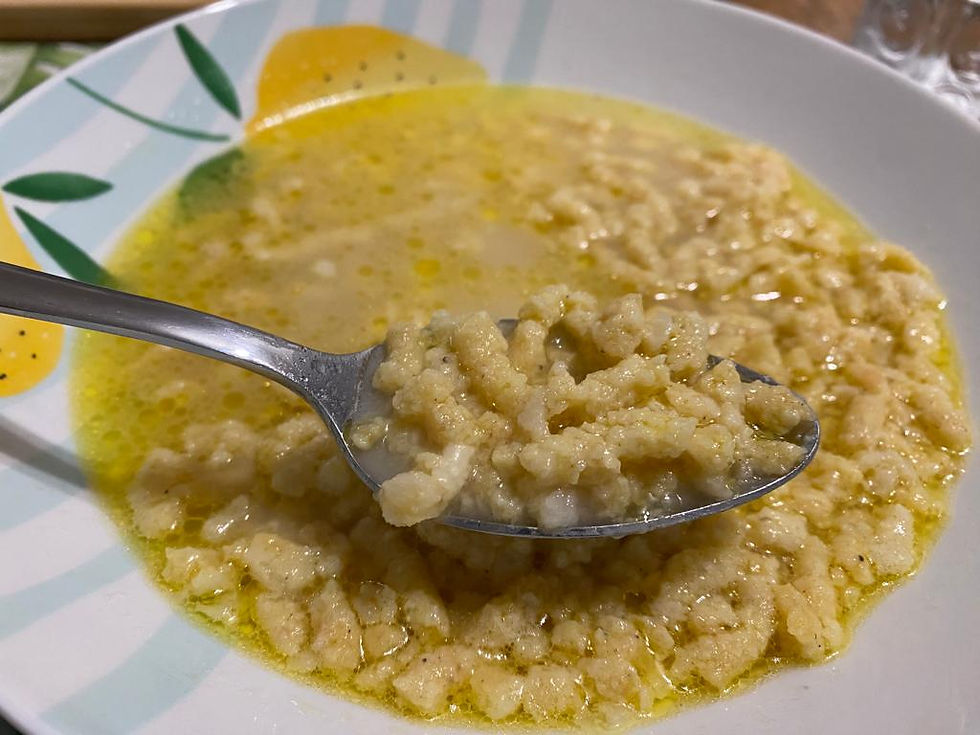Balsamic Vinegar of Modena - Dressing
- Italy so Good
- 14 set 2018
- Tempo di lettura: 2 min
Aggiornamento: 15 set 2018
Balsamic vinegar is a seasoning with a protected geographical indication (PGI), originally from Modena. Its taste is sweet-and-sour and excellent to be used in a marinade, as salad dressing or to flavour and embellish multiple varieties of food, both sweet or savoury.
The fundamental difference between wine based vinegar and balsamic vinegar is in the raw material: for wine vinegar it is wine, for balsamic vinegar it is grape must. According to the experts, for the production of balsamic vinegar three factors are fundamental: the quality of the grapes, the composition of the soil in which it grows and the very slow transformation of the must in good quality barrels.
Among the grapes traditionally used for the production of balsamic vinegar stands the Trebbiano grape and some Lambrusco Grasparossa or Ancellotta. They are grapes with similar characteristics, which have a rather constant acidity-sugar ratio and density.The preparation of the balsamic vinegar obtained, without the addition of aromatic substances of any kind, begins with the crushing of the grapes in wine-making vats. No more than 24 hours after crushing, the must is collected which, after sieving, is then boiled over a low flame (90°C) until the volume is reduced by about half.
Then it cools down it is moved into barrels of precious wood, absolutely not treated with any product of chemical origin. Woods for the barrels can be from mulberry, chestnut, oak or cherry, and the material chosen according to the desired aroma. Mulberry wood gives a strong and spicy aroma. The oak wood allows a reduced evaporation and will create a more dense vinegar.
Chestnut can give a reddish brown color while cherry wood will release further sweetness with vinegar. After a year the must will be transferred into a smaller cask, and so in the following years (up to 5-12 years).
The special barrels are built with a scalar capacity and an average of 200 kg of fresh grapes (100 kg of cooked must) at the end of the decanting-fermentation operations will be reduced to a few liters of finished precious vinegar.
The barrels used for the slow acetification derived from natural fermentation and the progressive concentration of the product are traditionally stocked in the attics of the houses, where the cold in winter is intense, and the heat in the summer is very strong.










Commenti